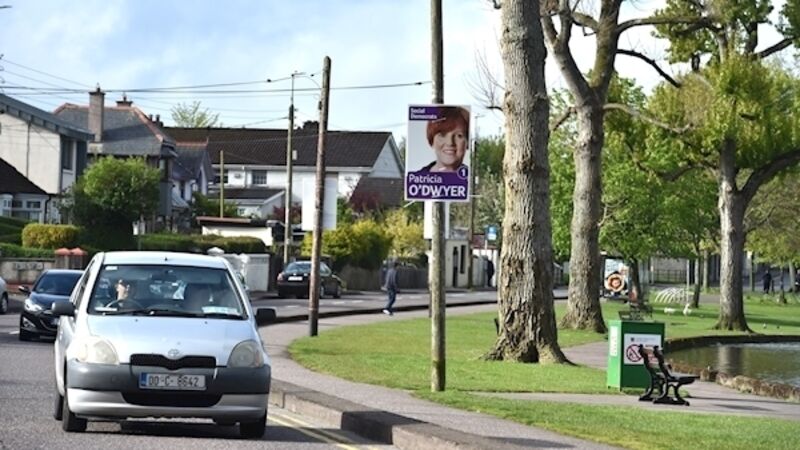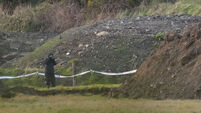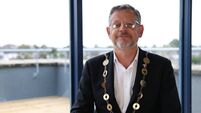Cork City South Central: Constituency gains a seat as it expands

Cork City South Central will be gaining a seat in this election as it expands south, east and west. Now a six-seater, it still has its traditional areas from the city centre to the Lough and Ballyphehane but will also be incorporating extensions in all directions.
Just one of the existing councillors in the constituency has confirmed that they won’t be running again. Former Lord Mayor Tom O’Driscoll is one of the longest serving members of the council having first been elected in 1991. Though he lost his seat in 2009, he regained it in 2014.













